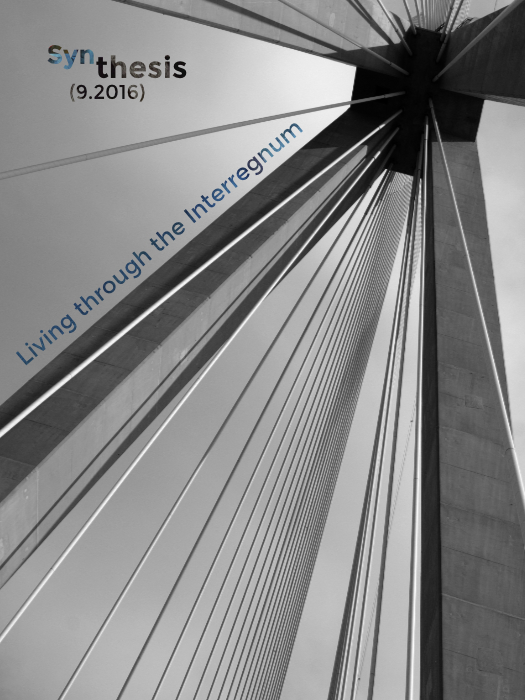Interregnum as a Legal and Political Concept: A Brief Contextual Survey

Abstract
I propose to trace the dialogical path of Antonio Gramsci’s concept of ‘interregnum’ briefly mentioned in one of his prison notebooks which was rediscovered in recent years and used in various political writings. I will first examine the meaning of the concept of interregnum in the context of Roman law, where it originates. Second, I’ll show how the Italian writer used it in a two-page note included in his Quaderni del carcere to describe the political crisis of our times. I will also briefly sketch the renewal of the idea of interregnum from the 1980s onward, when a specific quote from Gramsci’s note was used to frame various political crises, from South African apartheid to the civil war in Syria, all the way to the rise of a new far right ideology. In the third and main section, I’ll explore in more detail how, in the past five years, Keith Tester, Zygmunt Bauman, and Étienne Balibar all explicitly engage with the idea of interregnum in an open dialogue. While referencing one another, they used Gramsci’s interpretation of the concept in an effort to understand and address the contemporary problem of political synthesis. In the fourth part, and in the spirit of keeping discussion open, I will raise some issues regarding the various paths proposed by Bauman and Balibar to find our way ‘out of the interregnum.
Article Details
- Section
- Articles

This work is licensed under a Creative Commons Attribution 4.0 International License.
The copyright for articles in this journal is retained by the author(s), with first publication rights granted to the journal. By virtue of their appearance in this open access journal, articles are free to use with proper attribution. Synthesis retains the worldwide right to reproduce, display, distribute, and use published articles in all formats and media, either separately or as part of collective works for the full term of copyright. This includes but is not limited to the right to publish articles in an issue of the Journal, copy and distribute individual reprints of the articles, authorize reproduction of articles in their entirety, and authorize reproduction and distribution of articles or abstracts thereof by means of computerized retrieval systems.



